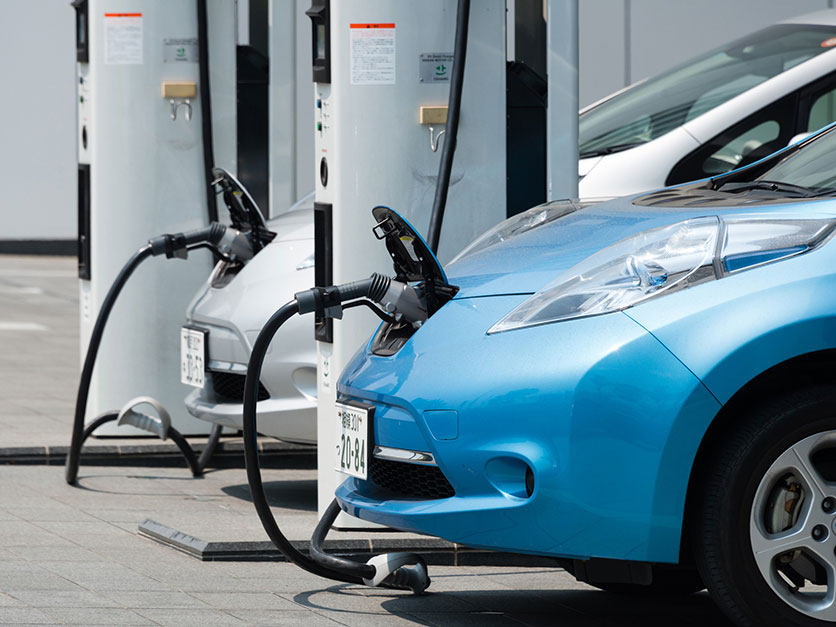The California Air Resources Board on Thursday approved a ban on the sale of new gas-powered passenger vehicles by 2035, a move that farm groups fear will raise production costs in the state while shrinking a vital market for Midwest corn growers and the nation's ethanol industry.
The regulations will take effect starting in 2026, when 35% of all car sales in the state must be for zero-emission vehicles (ZEVs), more than doubling the current share of ZEVs. The mandate will increase to 68% by 2030.
The action stems from a 2020 executive order from Gov. Gavin Newsom that pressed several agencies to ramp up existing climate mitigation policies and now puts California in the national lead for emissions standards. More than a dozen other states are lined up to follow suite—collectively representing nearly a third of the automobile market.
Board chair Liane Randolph said the agency was created in 1966 to address vehicle pollution and that these rules now bring that chapter of CARB to a close.
Staff acknowledged in a report to the board members that the ban will have potentially significant adverse impacts to agricultural and forest resources but is still needed for the environmental benefits.
The biofuels industry industry had unsuccessfully urged CARB to make room for higher blends of ethanol. During a lengthy hearing in June on the proposal, known as Advanced Clean Cars II (ACC II), biofuel producers argued CARB is focusing too narrowly on zero-emission vehicles and should consider low-carbon options for more immediate greenhouse gas reductions.
“To achieve California’s ambitious climate and air quality goals, we will need all the tools in the toolbox," Chris Bliley, senior vice president of regulatory affairs for Growth Energy, a major biofuels group, said in a statement Thursday. "It is disappointing that the California Air Resources Board has not further explored the use of higher biofuel blends that can be deployed today to achieve immediate greenhouse gas reductions, reduce harmful air toxics, and reduce consumer costs at the pump."
The National Corn Growers Association said in a statement that CARB "missed an opportunity to allow for more innovation and broaden low- and zero-emission solutions, additive to electric vehicles, to maximize emissions reductions while improving equity for consumers. "
California farmers and ranchers, meanwhile, worried about adding more costs to energy rates that are already much higher than their competitors’ and questioned whether the state’s electric grid could keep up with the demand.
Recognizing the concerns around energy and vehicle costs and the need for vastly more charging infrastructure, Randolph was pleased to see staff added more language in the final iteration of the rules to follow up with the more reporting back to the board on these outcomes.
Sign up for a FREE month of Agri-Pulse news! For the latest on what’s happening in Washington, D.C. and around the country in agriculture, just click here.
Board member Daniel Sperling, an engineering professor at the University of California, Davis, realized the board will see pushback from across the country and even in California. He described being on Fox News recently to discuss proposed regulations and immediately receiving hate mail minutes after the segment aired. Sperling said his biggest concern with the regulations is how other states will adapt with more ZEVs on the road.
Several board members called the transition to ZEVs inevitable, likening it to phasing out the steam engine or horse-drawn wagons.
Some other states could follow suit. California currently has 30.4 million motor vehicles out of 276 million nationwide.
In presenting the proposal to the board earlier, CARB staff acknowledged it would substantially reduce the statewide consumption of ethanol fuels.
Geoff Cooper, president and CEO of the Renewable Fuels Association, another group representing ethanol producers, said that “any effort toward zero-emission transportation should focus on that as the goal and remain technology-neutral. Our ethanol producers are committed to net-zero carbon emissions, on average, by 2050 or sooner and have identified multiple workable pathways toward that goal."


